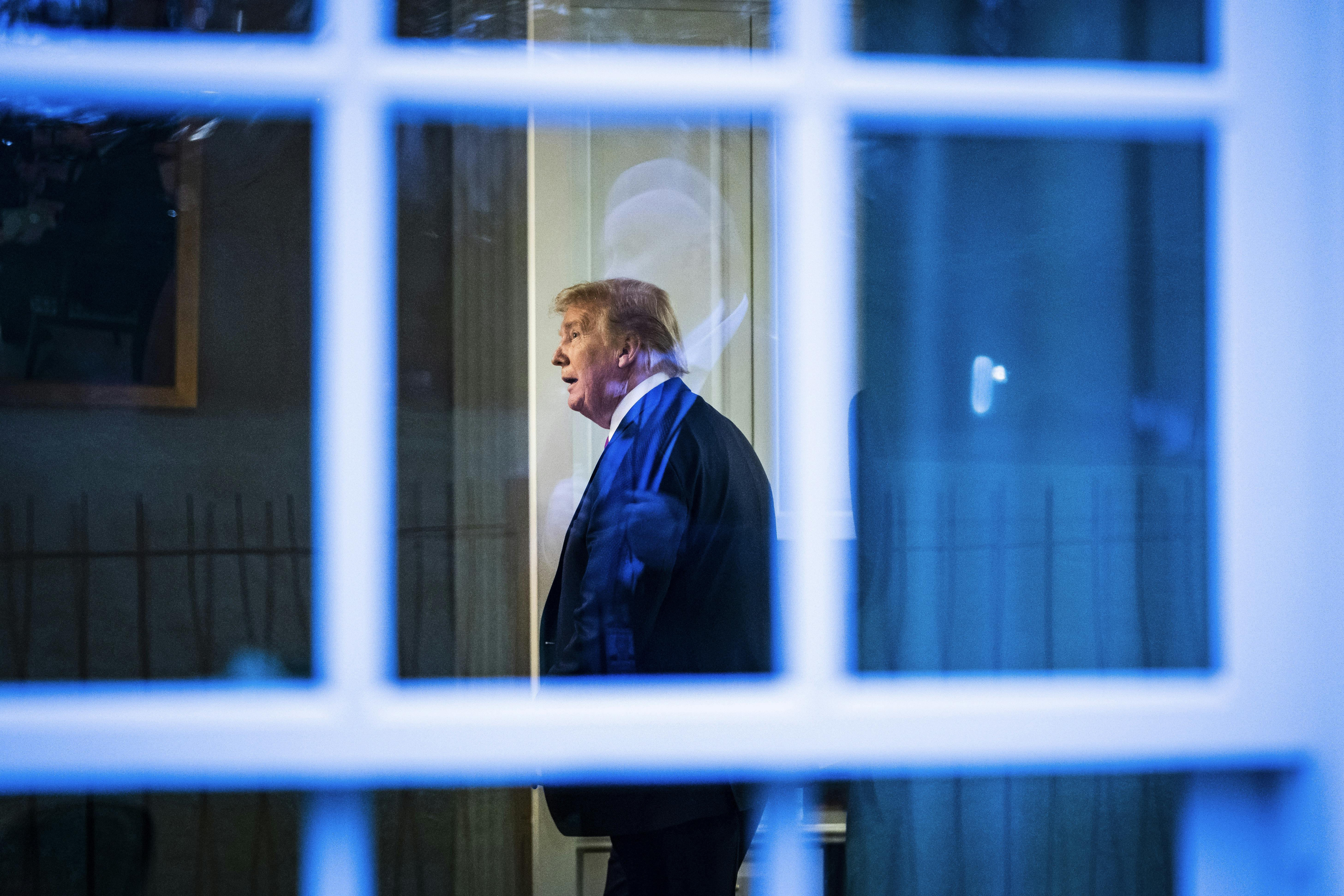Here’s what happened this week
For the January 6 committee, there’s no shortage of documents within its reach, and the last week
illustrated that in a big way. First, President Biden opted against blocking the release of
Trump White House visitor logs. Then the National Archives released a separate letter to
Trump giving the former president 15 days’ notice that it plans to hand
over the visitor logs to the January 6 committee on March 3. Trump, of course,
wanted to block the release of those logs and argued that executive privilege
should prevent them being publicized. Biden disagreed.
The importance of those
logs is potentially massive. They could reveal who came and went the day of the
insurrection and assault on the Capitol, and whom Trump was talking
with and receiving advice from that day. Republican Congresswoman Liz Cheney, who is on the January 6 committee, has
spoken often of the “187 minutes” of active insurrection time and has said we
need to have as precise a timeline as possible of Trump’s activities during it—whom he called, whom he was with, and more. It’s a Trump-era spin on the
old Watergate question of: What did the president know and when did he know it?
In an interview with The
New Republic on Thursday, Congressman Adam Kinzinger, the only other Republican on the committee, said he hoped the logs could be as
elucidating as possible but there’s a chance Trump and his team may have
already figured out a way around that.
“I’ve heard some kind of
concerns that maybe he gets what they categorize as a ‘personal visitor,’ and
in that case it’s not logged. I don’t know if that’s the case. If that’s how
that works … because then people like Rudy [Giuliani] could say personal visitor
not listed,” Kinzinger said. “At the same time, we have a lot of people on
record saying stuff, and this may be our chance to be able to call B.S. on them
or not.”
The committee also
issued six new subpoenas this week as part of its investigation. The subpoenas
were sent to Michael A. Roman, Gary Michael Brown, Douglas V. Mastriano, Laura Cox, Mark W. Finchem, and Kelli Ward.
Ward will be a familiar
name to political junkies. She is the Arizona Republican Party chair and
two-time hard-right candidate for Senate. The committee’s letter detailed how
Ward pressured state election officials to “stop the counting” and how she
apparently “spoke with former President Trump and members of his staff about
election certification issues in Arizona.”
Cox, a former chairwoman
of the Michigan Republican Party, is also no stranger to political insiders.
She served as party chair during the 2020 presidential election. The committee,
in its letter to her, said it wants to talk with
her about how she reportedly saw Giuliani try to pressure “state lawmakers
to disregard election results in Michigan.”
Over the weekend, Giuliani signaled a potential willingness to cooperate with the committee and
answer some of its questions. Since then, the former New York mayor seems to
have changed his mind. At this point, that may not be much of a loss. Giuliani is hardly a reliable witness and might
have just been weighing whether he could stall the committee. Besides, there’s
already a ton of scrutiny on more reliable documents and correspondence related
to that day—like text messages to Mark Meadows and
8,000 emails from conservative attorney John Eastman, the author of the
eponymously known memos that laid out a process for overturning the
election.
Here’s what may come next
What happened this week provides
a preview of developments to come. The committee will pore over the visitor
logs from the Trump White House, discerning details that will inform its decisions on whom next to subpoena and that will eventually be released to the public.
Given the breadth of the
investigation by the committee, there are still several people who could be
subpoenaed or asked to appear voluntarily, including members of the Trump
family and Trump himself, although the highest-profile interview requests may
be saved until investigators have compiled all the evidence that it’s possible to
obtain. Congress does not return to Washington until the end of February, but
that does not preclude the committee continuing its work virtually.
What they did this week
Giuliani was once again
the main character of the week, capturing headlines with his reported openness to appearing before
the committee and then quick denouncement of the panel as “illegal.”
Meanwhile, Fox News was
enraptured this week with a court filing from special counsel John Durham
declaring that an attorney linked to the Hillary Clinton campaign “exploited”
data collected from Trump Tower and the Executive Office of the President. While Trump and other figures on the right have alleged campaign spying that
might even be worthy of punishment by death, fact-checkers conclude that this narrative is
incorrect. Nonetheless, this has not stopped Trump from releasing statements slamming Clinton and
claiming that the filing also validated his continued insistence that the 2020 election
was rigged.
Best quote of the week on January 6
“January 6 is nothing more than ‘Russian
collusion’ with another name and a new lie and a new set of crazy exaggerated
‘it’s worse than September 11, it’s worse than Pearl Harbor, it’s worse than
the Civil War, it’s worse than the end of the world!’”—Rudy Giuliani,
indicating that he is maybe less open to appearing before the January 6 committee than has been reported.
